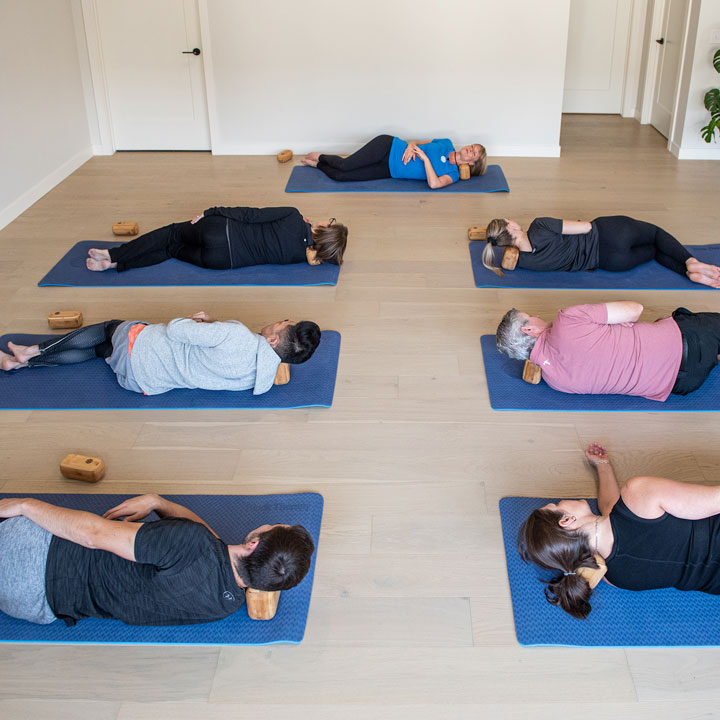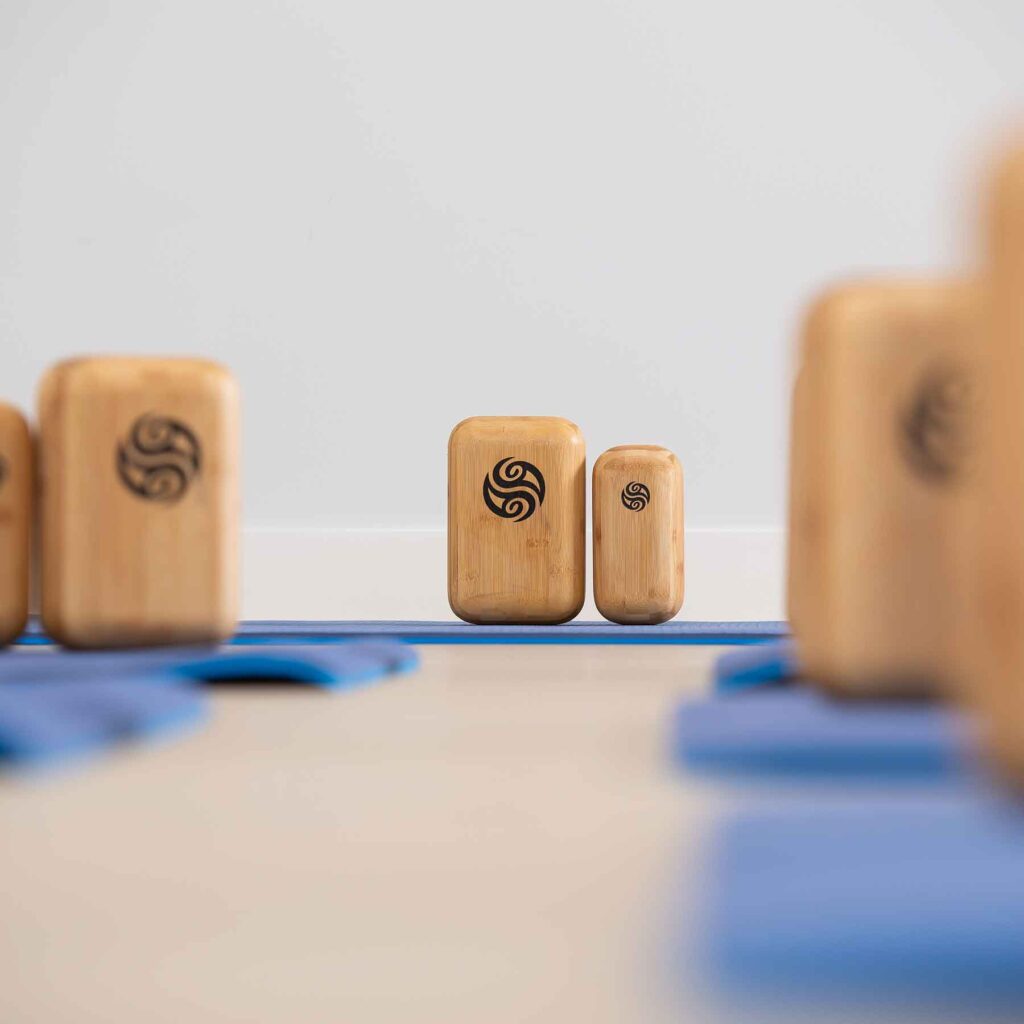Fascia and Trauma

We live in a world where trauma is experienced by everyone. People have accidents, loved ones die, violence and abuse surround many people’s lives, many struggle with financial burdens and have accumulated debt . . .others experience trauma in family or schools resulting from being bullied, called names or feeling left out. Trauma can have many faces but ultimately, whether a big trauma that overturns your life in a moment, or the accumulation of little traumas that eat away at you for years, the long-term results can be the same in how it affects your breath, and ultimately how your body manifests dis-ease and age.

No matter what we experience in life, it’s what we do with it that matters most. I love this because there is so much in life that can happen to us that we don’t plan, however, and we have all heard this, how we respond to life is possibly the only thing that is in our control.
I think about one of our members who reached out after she suffered a horrible accident from a sled hitting an ice wall at a speed that could have killed her. In fact, they weren’t sure she would survive. She had many broken bones and ended up in the hospital for a long stretch during the pandemic. The pain she experienced was intolerable, and she had no choice but to manage as best she could. I think back to my work with this woman and the amount of respect I have for her goes beyond words.
Prior to this accident, she had started Block Therapy and had healed her body from years of pain. Then this happened. She reached out to me when she was able from her hospital bed, and we began working together. One of the first things she mentioned is that had she not learned how to breathe diaphragmatically, she didn’t know if she would have made it through. As there wasn’t much else we could do for her in the moment, this became the process to keep herself calm, as well as move the energy in her body to keep the healing as best as it could be.
Once out of the hospital, we began zoom sessions where we met weekly and created a protocol until the next session together. Again, I can’t even begin to express how much pain this woman encountered and moved through, but she did it and defied the expected outcomes. They didn’t think she would walk as she had horribly fractured her right femur, or be able to use her left hand, as the elbow and wrist both fractured, resulting in a hand that had no mobility. In only months, she was walking without a limp, and had regained 90% use of her hand.
She shows us what determination can do. That, combined with the magic of our breath to guide us to heal is a winning combination. If you want to hear more about her story, watch the video below.
The big traumas are understandable in how they affect us. If you personally experience or see something horrific, it makes sense that you can suffer from PTSD. But what about the continual slights that you may have to deal with every day.
Abuse can be in your face, but it can also be subtle. It may be that you are dismissed as having a valuable opinion, comments made that make you feel less than, aggression toward you from a classmate or sibling . . ., or any other continual messaging that stops you from living your fullest expression. For example, boys shouldn’t cry. This is a horrible message as crying is the body’s way of releasing pain and sadness. To stop this action, you must hold it inside the body through holding the breath. If this becomes a habit, you are freezing this negative emotion in your tissue, and the memories that created this will be played out time and again. Often, this messaging is passed down, placing future generations in the path of this traumatic molding. This is not a recipe to foster emotional intelligence.
The habitual contracting of the diaphragm will hinder physical health. Especially if the “abuse” occurs at a young age, the inability for the body to receive optimal oxygenation for growth and development may leave the individual with future issues, such as autoimmune dis-ease, or any number of conditions that will affect quality of life.
The great news is trauma can be released, and it doesn’t matter how long it has been impacting you. If you had an ice cube in the freezer from 30 years ago, or yesterday, when you take it out, it will melt. Turning on the body’s furnace through activating the diaphragmatic breath, combined with pressure on the surface, will create a melting of adhesions, no matter how long they have been there.
So, if you feel your life isn’t all it could be, there may be old memories and experiences that are holding you back. By taking hold of your breath and becoming aware of your fascia, you can take the wheel and drive your life in the direction of health. Whether the experience was a unique moment in time, or the result of continual slights against you, they can have equally devastating effects, but also, no matter how you got here, you can begin the journey of reversing what time has done and step toward a happier and healthier life.
Listen to this week's episode of The Fascia Masters below.
Breathe & Believe,
Deanna
Follow us on our social channels below to learn more about Block Therapy and see some amazing transformations!






Responses